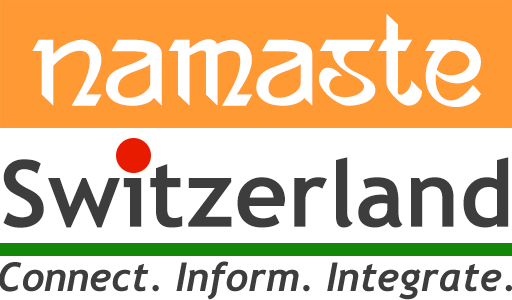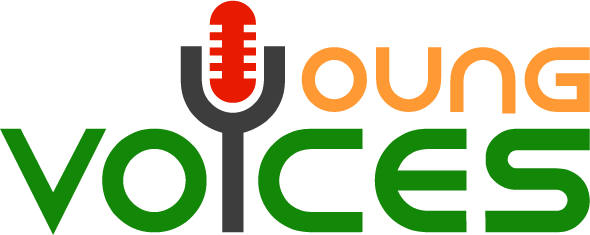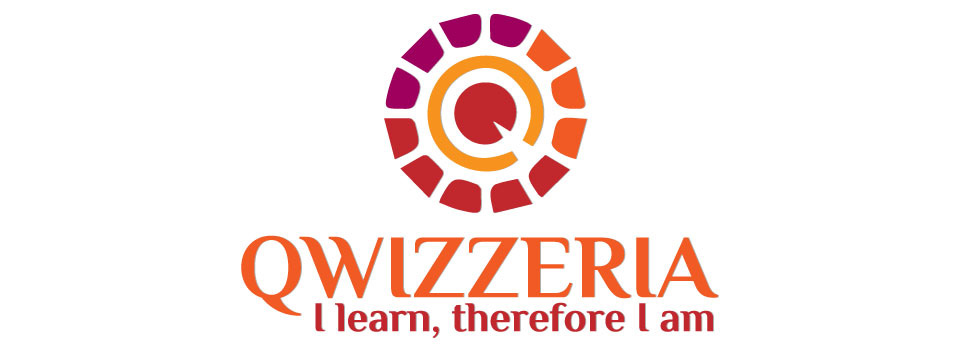
The annual recycling calendar
Waste collection and recycling are managed by the respective municipality departments of the country. Segregation begins at home. Household waste that cannot be recycled is to be put in the designated garbage bags specific to your ‘gemeinde’ or ‘kreis’. By charging for garbage bags, the municipality intends to control the amount of trash produced by each household s, and in the process, people are incentivised to dispose of their trash in a more responsible manner. Recycling rules are specific to your local commune (Gemeinde) and are listed in detail in the annual calendar (a.k.a., ‘Entsorgungs-Kalender’) that all households receive from their local ‘gemeinde’ (visit your local municipality or district to get your calendar if you haven’t yet received one), and that is also available online on the website of each area. The calendar provides you with the dates for household waste collection by various categories, as well as details on recycling centres, bulk waste disposal, and various free and chargeable waste disposal service options and locations in your region. Although it is important to follow rules that apply to your specific locality, here are some common categories of household waste and how these can be disposed of or recycled:
Broad categories of waste and recyclables:
Paper and cardboard: Paper accounts for over half of recycled household waste. Follow your locality’s schedule for picking up paper from your neighbourhood and keep your paper waste outside your home prior to the day of paper collection. Ensure that you bundle up paper neatly and tie it up with the recycling thread meant for this purpose (available at all supermarkets). Paper and cardboard bundles should be kept separate. An alternative way to dispose of cardboard is to return it to select stores. Most stores that sell furniture and electronics take back the bulky cardboard packaging. Certain supermarkets such as Coop also offer free pick up services for select items such as cardboard, PET bottles and carrier bags. These can be picked up during home delivery of goods purchased from the online store. The exception here is Tetra Pak cartons which cannot be recycled together with other paper or cardboard cartons.

(source: www.isc.uzh.ch)
Compost: Most communities have a common compost bin for all green waste. Most kitchen waste (exceptions include oil and other non-compostable goods) can be disposed of in the compost bins.
PET bottles: Most local supermarkets such as Migros and Coop provide a PET bottle disposal, designed as a hole in the wall where you can drop off PET bottles into designated containers (segregate your PET bottles as per the specifications of the disposal containers). Ideally, plastic bottles should be crushed, with their caps screwed back on.
Glass, oil and aluminium tins: Glass (broken or whole) can be disposed of in allocated containers usually located near supermarkets or in a centrally accessible area in your neighbourhood. These containers are designated for green, brown, and clear glass. Confused about where to throw your blue or red wine bottles? The green bin takes care of glass of indeterminate colour. There are also designated containers for used oil and aluminium waste (follow your ‘Entsorgungs Kalendar’ rules to know what can be classified as aluminium waste – for example, coffee pods made with aluminium are collected separately from other types of aluminium packaging)
Old electronics: Most local electronics stores (such as Interdiscount, Fust, etc) take back old electronics. Alternatively, some cities, such as Zurich, have collection points for old electronics at select tram stops.
Clothes/ textiles: TEXAID is an organisation that collects clothes and shoes for recycling. Special textile collection bags are posted to each household and dates for textile collection are specified. Alternatively, you can also throw away unwanted textiles and shoes in textile collection bins in your neighbourhood. To know more about Texaid, visit: https://www.texaid.ch/en/
Bulky goods: Bulky goods (such as furniture) can be placed with official stickers a.k.a., ‘Sperrgutmarke’ (bought from local supermarkets) on the designated waste collection days of your neighbourhood.
Miscellaneous items:
a. Batteries: These can be returned at the point of sale and many supermarkets also have containers for used batteries, placed next to PET recycling containers
b. Animal carcasses: Most communes have designated places where you can dispose of animal carcasses or, you can drop off carcasses at the vet for a fee. As an alternative to the above methods of waste disposal, you can also take your segregated waste to select recycling centres that will manage your waste for a fee. To know more about your closest recycling centre, visit https://recycling-map.ch. In addition, if certain household items are in good condition and can still be used, sell them to your local flea market. Children’s clothing and toys can be sold at a ‘Kinderkleiderbörse’ (second-hand kids’ clothing sale), or even at your nearest ‘Brocki’. A commonly accepted way of disposing of undamaged goods (such as furniture) is to simply put it outside your house with a sign that says ‘gratis’ (free), and you may just be lucky and get rid of that unwanted sofa!
Commonly asked questions:
Can I just throw away all my waste in a trash bag without segregating it?
Mixing up your waste (for example, placing a PET bottle in your paper waste) is a serious offence and can lead to heavy fines or in some extreme instances, possible prison time, too. Authorities can go through your waste bags and identify you or you could get reported by someone.
Can I recycle on all days of the week?
Municipal laws ban quite a few activities on Sundays because they are considered noisy. This includes recycling bottles on Sundays as well. Again, you can get fined if caught and reported.
I was fined despite keeping my paper waste and cardboard waste out on the designated day. What could I have done wrong?
Paper bundles and cardboard bundles need to be separated. Each bundle should be secured with the correct string (found at all supermarkets), and bundles should be ideally no more than 5 kgs in weight. Placing smaller items inside a larger box or paper bag, without securing it with a string can be treated as an offence. (For detailed information on recycling and waste disposal in your region, you can visit www.abfall.ch).
Disclaimer: Namaste Switzerland does not undertake any financial/reputational/legal/misrepresentational impact or other obligations/liabilities that may arise from the content.
Please note: Systems and laws change. We do not confirm the validity of the content at all times.












